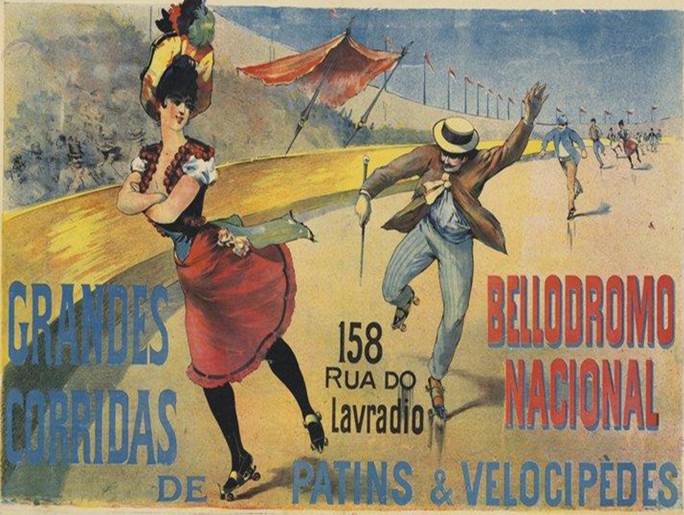HISTÓRIA, CULTURA E SURFE: EXPLORANDO RELAÇÕES HISTORIOGRÁFICAS
Abstract
Neste artigo composto por três partes, examino a relação entre esporte e cultura popular por meio do conceito de afeto. Em particular, estou interessado nas implicações historiográficas desta relação. Na primeira parte, argumento que os adeptos da história social do esporte tipicamente consideram os corpos esportivos como construções sociais, com a exclusão das experiências afetivas corporalizadas que coloco no centro da cultura popular. Na segunda parte, discuto a recente virada afetiva nas ciências humanas e sociais e o que isto está começando a significar, e pode significar no futuro, para os historiadores do esporte com uma inclinação social. Na terceira parte, toco a ética, um tema implícito na história social do esporte. A cultura popular apresenta contextos alternativos para se examinar a ética e, para o historiador, levanta questões em torno da representação narrativa. Ao longo do artigo, lanço mão de exemplos oriundos do surfe, um passatempo popular, um esporte estabelecido com circuitos mundiais profissionais, e uma experiência afetiva.
Palavras-chave: afetos; ética; representação narrativa; cultura popular; história social.
Abstract: In this three-part article I examine the relationship between sport and popular culture through the concept of affect. In particular, I am interested in the historiographical implications of this relationship. In the first part, I argue that social historians of sport typically consider sporting bodies as social constructions to the exclusion of (embodied) affective experiences that I place at the core of popular culture. In the second part, I discuss the recent affective turn in the social sciences and humanities and what this is beginning to mean, and could mean in the future, for historians of sport with a social bent. In the third part, I touch on ethics, an implicit theme in the social history of sport. Popular culture presents alternative contexts for examining ethics and, for the historian, raises additional issues around narrative representation. Throughout the article I draw on examples from surfing, a popular pastime, an established sport with professional world tours, and an affective experience.
Keywords: affects, ethics, narrative representation, popular culture, social history.
Downloads
Published
Issue
Section
License
Ao submeter um artigo ou resenha, o autor concorda em ceder o direito autoral para a publicação do texto na revista.
Política de Acesso Aberto
Esta revista oferece acesso imediato e aberto ao seu conteúdo, com base no princípio de que a disponibilização gratuita das pesquisas favorece a circulação global de conhecimento.

